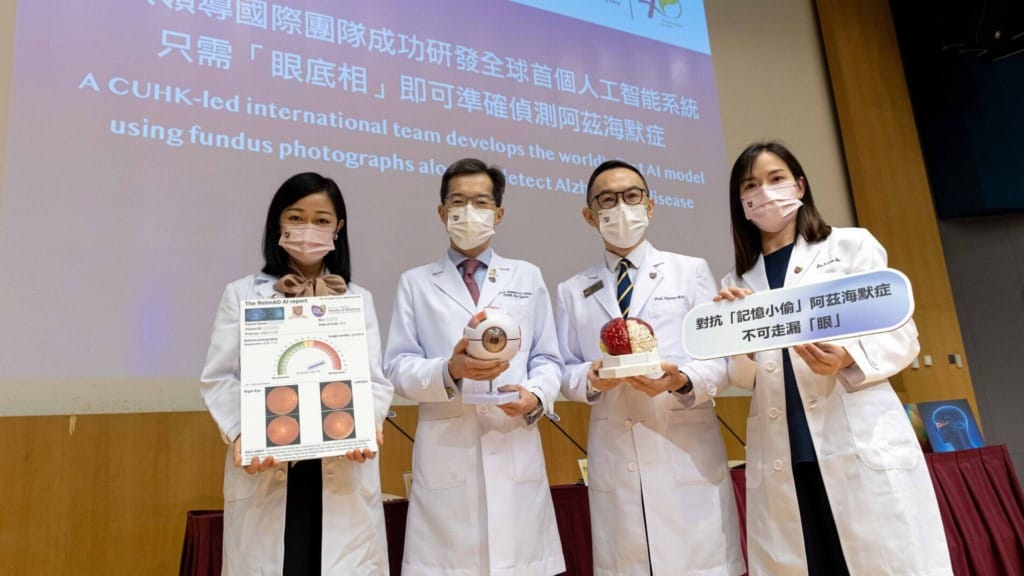Hong Kong AI model surpasses doctors in diagnosing eye conditions
Discover how VisionFM, a Hong Kong AI model, outperforms doctors in diagnosing eye diseases and sets a new standard for AI in healthcare.

In an exciting breakthrough, researchers from the Chinese University of Hong Kong (CUHK) have unveiled VisionFM, a cutting-edge artificial intelligence (AI) model designed to diagnose and predict multiple eye diseases. This innovative AI technology outperformed human doctors in several key tasks, signalling a shift in how generative AI could transform healthcare.
Table Of Content
VisionFM: A versatile AI model for ophthalmology
VisionFM is a foundational AI model created to tackle various ophthalmic clinical tasks, such as disease screening and diagnosis. According to CUHK researchers, the model has the potential to expand its applications with additional data, paving the way for broader use in eye care.
The study, published last month in the NEJM AI journal, revealed that VisionFM demonstrated performance comparable to or exceeding that of intermediate-level ophthalmologists when diagnosing 12 different ocular diseases. Notably, the AI model surpassed RETFound, the first foundational model in the field, in predicting glaucoma progression—an achievement that could revolutionise eye care.
Trained on 3.4 million images from half a million patients across eight ophthalmic imaging modalities—including fundus photography, optical coherence tomography, and magnetic resonance imaging—VisionFM offers a robust tool for eye health professionals.
However, the model does have some limitations. CUHK researchers pointed out that VisionFM showed higher accuracy when analysing data from Chinese patients, likely due to a heavier emphasis on Chinese data during training. They also highlighted the need for more diverse studies involving ophthalmologists from various countries to evaluate its global applicability.
Expanding AI’s role in healthcare

VisionFM is part of a growing trend of generative AI being integrated into healthcare. The Centre for Artificial Intelligence and Robotics (CAIR), based in Hong Kong, has also made strides in this area. Earlier this year, CAIR launched CARES Copilot, an AI model designed to assist surgeons with tasks such as surgical planning and generating diagnostic reports.
Built on Meta’s open-source Llama 2 language model, CARES Copilot is already used in hospitals, including the First Affiliated Hospital of Sun Yat-sen University in Guangzhou and Hong Kong’s Prince of Wales Hospital.
What sets VisionFM apart is its ambition to be an open-source generalist model. VisionFM is designed to adapt to new datasets, imaging modalities, and devices, unlike many medical AI models limited to specific diseases or tasks. This flexibility could lead to significant advancements in AI-driven healthcare, particularly in ophthalmology.
A step forward with room to grow
VisionFM’s achievements are a testament to the potential of AI in healthcare. While the model has already shown impressive results, there is room for improvement, particularly in addressing its training biases and testing it on a broader, more diverse patient population.
As researchers continue to refine VisionFM and explore its capabilities, the integration of AI into medical practice promises to enhance diagnostic accuracy and patient care globally.
















